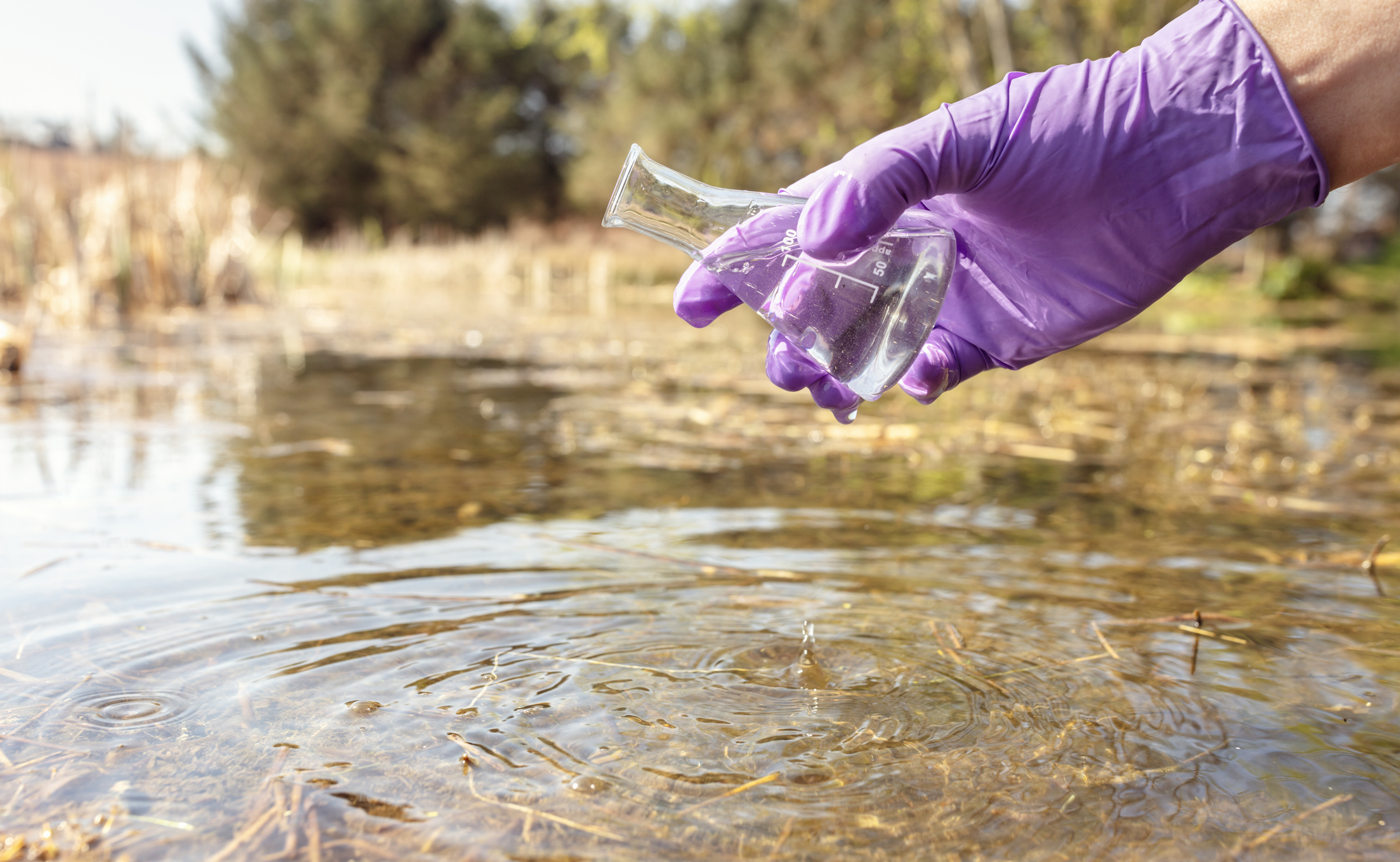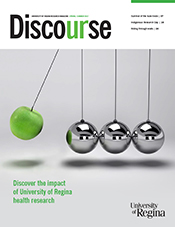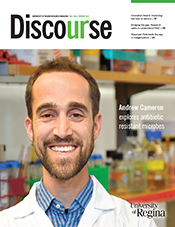Today at the University of Regina, the Government of Saskatchewan announced $1.58 million in funding for Mitacs. L to R: Lori Campbell (emcee), Associate Vice-President of Indigenous Engagement, The Honourable Ken Cheveldayoff, Minister of Advanced Education, Dr. Stephen Lucas, Chief Executive Officer, Mitacs, Dr. Jeff Keshen, President and Vice-Chancellor, University of Regina, Mesa Kennedy, University of Regina alum and former Mitacs Indigenous Pathways intern. (Photo by Trevor Hopkin)
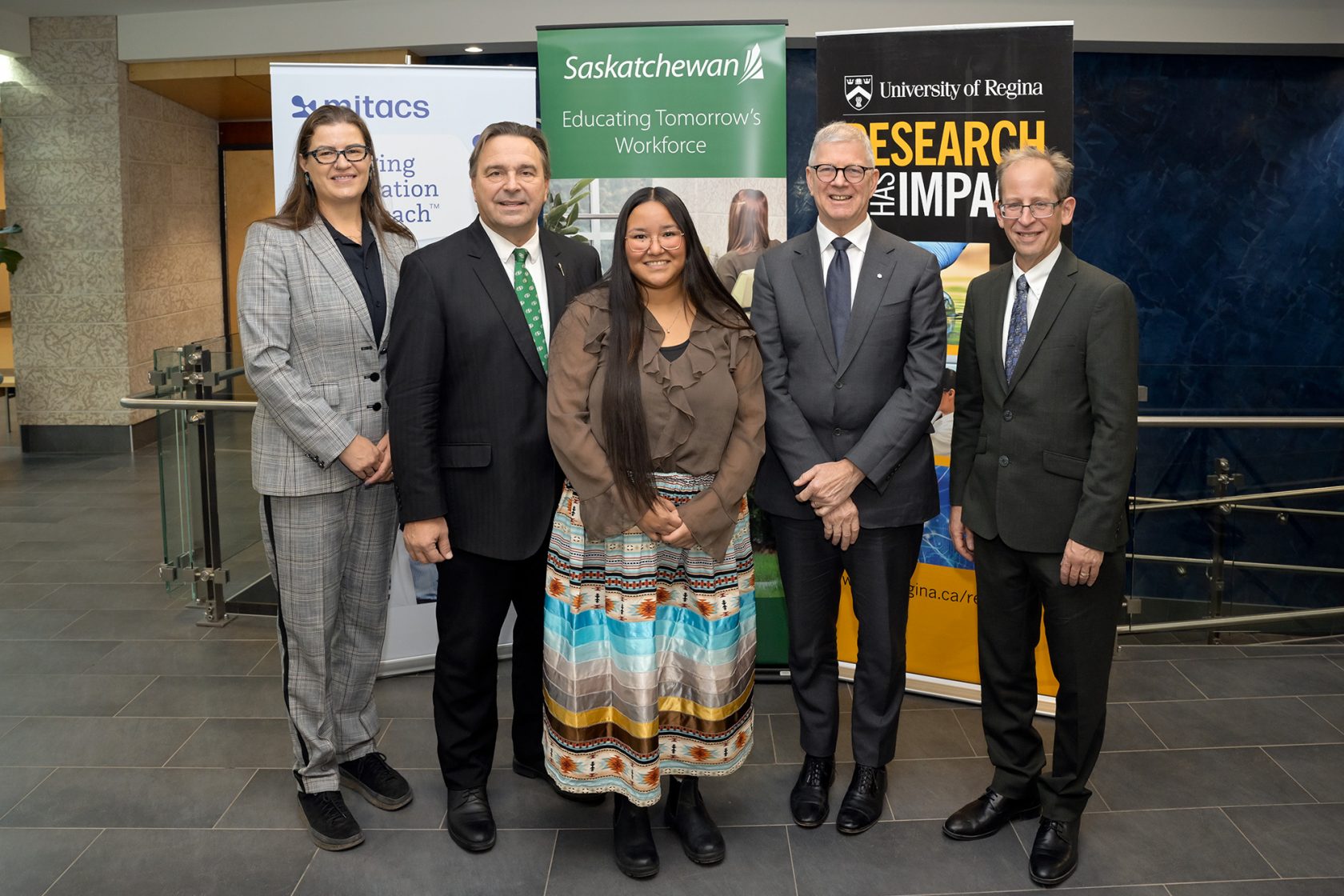
For University of Regina students, experiential learning means more than a line on a résumé. It’s a chance to test ideas, apply classroom learning in real-world environments, and contribute to communities across the province.
The Government of Saskatchewan announced today $1.58 million in funding for Mitacs in 2025–26. This increased funding for Mitacs internships will mean that even more students will have the opportunity to put their research into practice
“Our government is proud to work with Mitacs to expand student access to high-quality research opportunities in the province,” said the Honourable Ken Cheveldayoff, Minister of Advanced Education. “This investment increases the number of internships available and strengthens ties with Saskatchewan businesses through key programs such as the Indigenous Pathways Initiative.”
Mitacs is a national, not-for-profit organization that drives innovation through research partnerships among Canadian post-secondary institutions, industry, and government.
The University of Regina has a strong track record of collaboration with Mitacs. Since 2018, more than $15 million has been awarded to Mitacs interns at the University, supporting 810 internships over the past five years.
Today’s announcement focused on the Indigenous Pathways Program, created to help Indigenous organizations access research expertise while offering Indigenous students the chance to build practical skills and contribute to their communities.
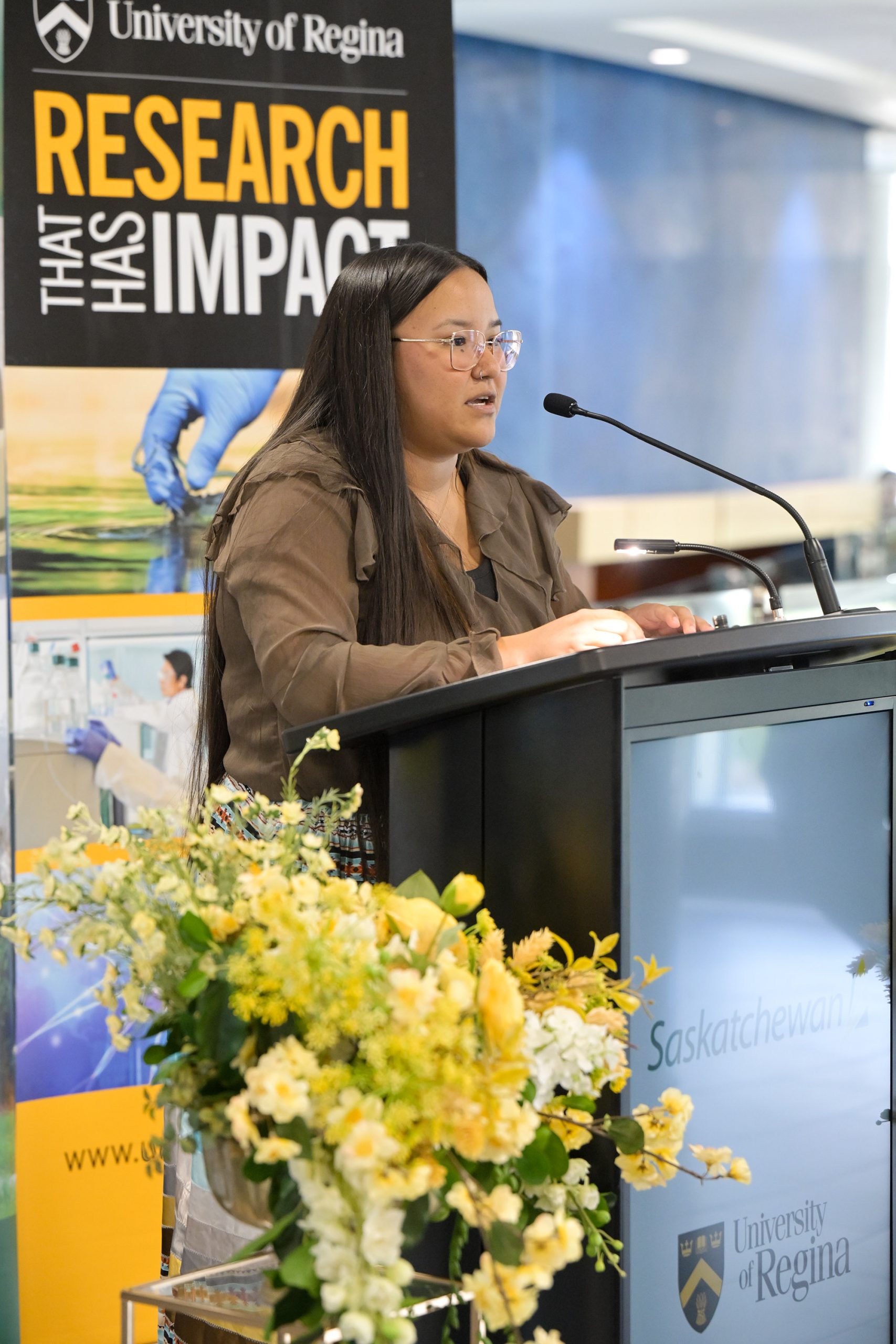
Learning by doing
For Mesa Kennedy, her experience interning collaboratively with the First Nations Power Authority (FNPA) and the Petroleum Technology Research Centre (PTRC) was transformative.
“My degree in psychology, with a minor in Indigenous health studies, from the University of Regina, provided a strong foundation for my Mitacs Indigenous Pathways Internship,” says Kennedy, a former Mitacs intern from the First Nations University of Canada.
Although I was initially unfamiliar with the energy sector, the internship quickly immersed me in the challenges that isolated communities face in securing reliable heat and energy. That experience became a defining one, ultimately leading me back to my nation, Carry the Kettle Nakoda Nation, where I serve as the new Assistant Land Manager.”
Dr. Jeff Keshen, President and Vice-Chancellor of the University of Regina, says the U of R is proud to collaborate with the Government of Saskatchewan and Mitacs to create meaningful opportunities for Indigenous students and communities.
“Experiential learning is at the heart of what we do, and programs like Indigenous Pathways give our students the chance to apply their knowledge, build connections, and make a real impact in Saskatchewan workplaces. These investments strengthen our province by connecting talent with innovation, and helping our students, industries, and communities thrive together,” says Keshen.
Supporting the next generation
By connecting students, researchers, and industry partners, Mitacs internships foster innovation and help develop future leaders.
“We are honoured to continue our strong partnership with the Government of Saskatchewan,” says Dr. Stephen Lucas, CEO of Mitacs. “This renewed investment in Mitacs will help develop the next generation of Saskatchewan talent, preparing students for the workforce of tomorrow, while supporting economic growth, productivity, and global competitiveness across the province.”

